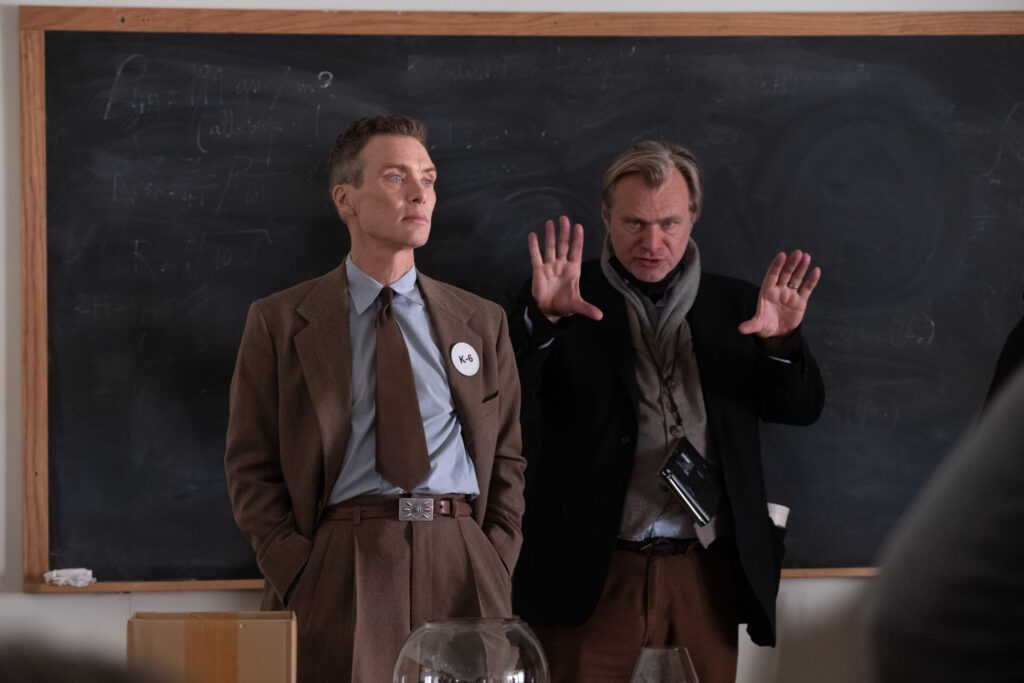In a surprising twist of events, acclaimed filmmaker Christopher Nolan recently unveiled a humorous anecdote involving a Peloton workout and an unexpected critique of one of his films. Following his Best Director win for “Oppenheimer” at the New York Film Critics Circle award ceremony on January 3, Nolan shared the amusing incident during a virtual workout class.
While sweating it out on his Peloton, Nolan found himself at the mercy of a candid Peloton instructor who decided to share her thoughts on one of his films. “I’m dying. And the instructor started talking about one of my films and said, ‘Did anyone see this? That’s a couple of hours of my life I’ll never get back again!’” recounted Nolan, as reported by The Independent.

The 53-year-old director injected humor into the situation by quipping, “When [film critic] Rex Reed criticizes your film, he doesn’t ask you to work out!” However, Nolan chose to keep the specific film that triggered the instructor’s comments under wraps.
Navigating the complex relationship between directors and critics, Nolan delved into the emotional dynamics. “Directors have a complex emotional relationship with critics and criticism,” he remarked, highlighting the often challenging nature of receiving feedback on one’s work. When confronted with the common query of whether he reads reviews, Nolan, with his characteristic British wit, shared, “Let’s start with the fact that I’m British. A typical family gathering will involve relatives saying to me, ‘You know, Christopher. You probably shouldn’t open The Guardian today.’”
Reflecting on the paradox of objective critique in cinema, Nolan emphasized, “Obviously, writing about cinema objectively is a paradox, but the aspirations of objectivity are what make criticism vital, timeless, and useful to filmmakers and the filmmaking community.” Drawing from his experience directing “Dunkirk,” he acknowledged the significance of constructive criticism.
During the award ceremony, Nolan took a moment to appreciate movie critics, recognizing the prevalent notion that film criticism is becoming more democratized. However, he offered a nuanced perspective, stating, “In today’s world, where opinions are everywhere, there is a sort of idea that film criticism is being democratized.” Yet, Nolan contended that the critical appreciation of films should transcend mere instinct and be regarded as a dedicated profession.
As Christopher Nolan continues to captivate audiences with his cinematic brilliance, this amusing Peloton encounter adds a lighthearted chapter to the director’s unique experiences in the world of film criticism.




